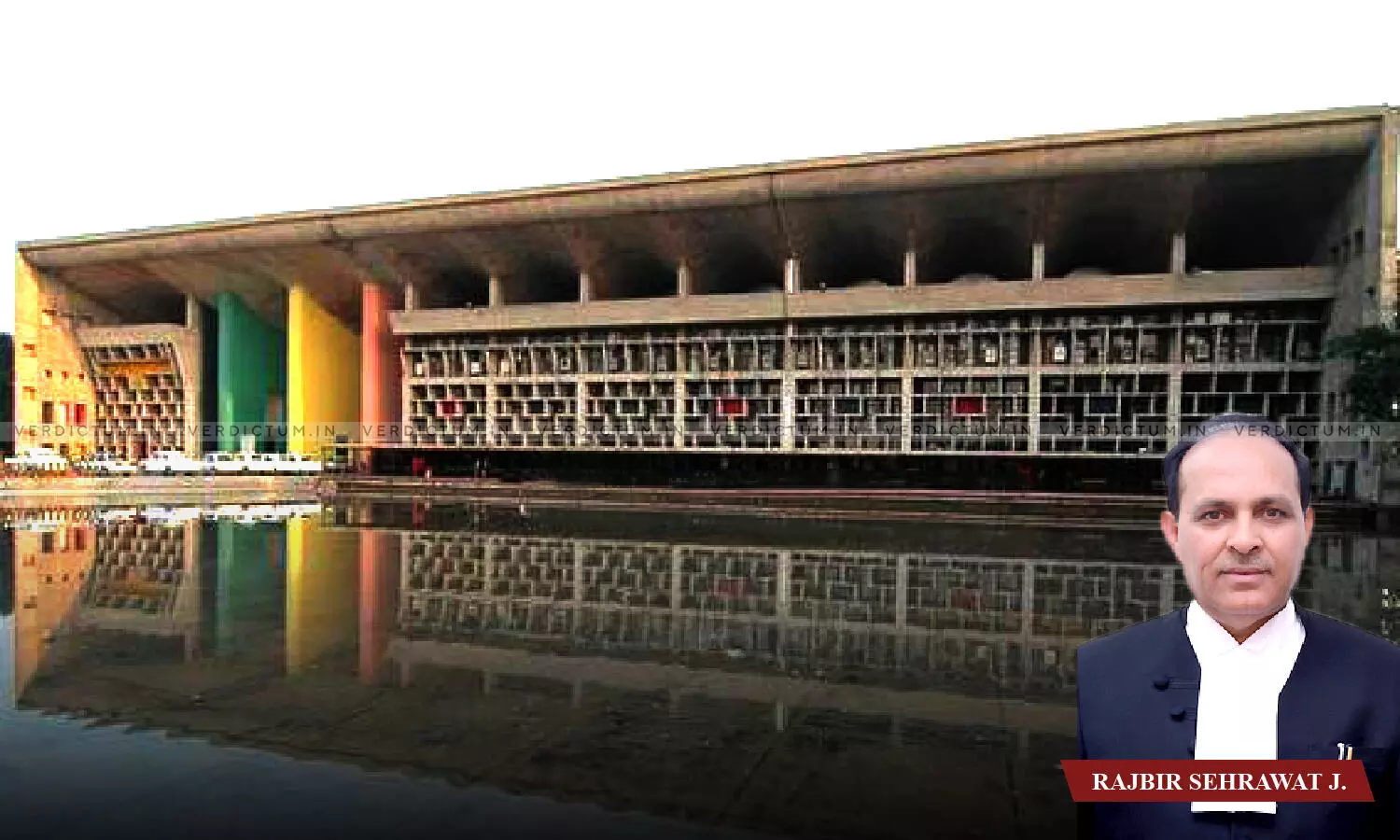
Standard Of Minimum Wages Can Only Be Applied If There Is No Vocation Of Deceased Proved On Record: P&H HC In Motor Accident Case
 |
|The Punjab and Haryana High Court recently clarified that for assessing the income of the deceased in motor vehicle accident cases, minimum wages are not to be applied in every case.
A Single Judge Bench of Justice Rajbir Sehrawat observed that “standard of minimum wages can be applied only if there is not even a vocation of the deceased proved on record. Once the vocation of the deceased is proved on record, then the average earning from the said avocation has to be taken as the income of the deceased and not the minimum wages prescribed under the Minimum Wages Act”.
Advocate Sachin Ohri appeared for the Appellant, whereas no one appeared for the Respondent.
The appeal in question had been filed by the Appellant (Insurance Company) challenging the award passed by the Motor Accident Claims Tribunal, Patiala, whereby the Respondents-claimants had been awarded an amount of Rs 22,98,000 on account of motor vehicular accident death of Satnam Singh. The Tribunal had assessed the income of the deceased to be Rs 15,000 per month. Keeping in view the number of dependants, deduction to the extent of one-third had been applied. Future prospects at the rate of 25% was also added. Keeping in view the age of the deceased, the multiplier of 14 had been applied. Accordingly, the claimants were held entitled to an amount of Rs.22,98,000, which included the loss of consortium, funeral charges, and loss of estate, besides the loss of income.
From the Company’s side, it was contended that the vehicle in question was not involved in the accident at all and the owner himself had denied the involvement of the offending vehicle in the accident in question.
After considering the submission that minimum wages should have been taken as standard wages for assessment of the income of the deceased, since no income of the deceased was proved, the Bench did not find any substance in the arguments.
The Bench found that to prove their assertion qua the involvement of the vehicle and the vocation of the deceased, the claimants had examined the widow of the deceased-Satnam Singh who had proved on record that the deceased Satnam Singh was working as a carpenter on the date of accident, however, there was no documentary proof of the income of the deceased from his profession as a carpenter.
So far as the involvement of the offending vehicle in question is concerned, the High Court noted that the eyewitness of the accident has been examined by the claimants who has deposed the manner of the accident and qua the factum of the involvement of the offending vehicle in the accident.
“However, as mentioned above, since the owner of the vehicle himself has not appeared as a witness in the witness-box, therefore, the alleged assertions made by him before the alleged investigator could not have, otherwise also, been proved on record. Moreover, the alleged report of the investigation is a self-created document of the respondents in the claim petition. Therefore, the said document cannot be given any leverage; as such”, added the Bench.
The High Court also elucidated that the minimum wages are not of universal application, per se, and even on the statute, they are applicable only qua scheduled employment.
Thus, the High Court dismissed the appeal and concluded that the statutory amount deposited for filing of the appeal be transferred to the Tribunal for onward payment to the claimants and to be adjusted towards the compensation, as such.
Cause Title: Reliance General Insurance Co. Ltd v. Harpreet Kaur and Ors. [Neutral Citation: 2023: PHHC: 075542]
Click here to read/download Order